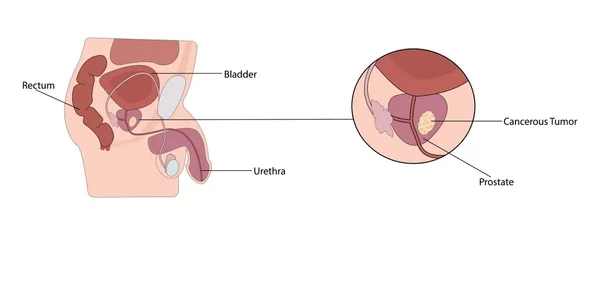About Us
Dr. Nitin Singhal:Prostate Cancer Surgeon in India
Dr Nitin Singhal is a highly experienced robotic and HIPEC cancer surgeon with over 15 years of expertise and 5,000+ successful major cancer surgeries. He is a pioneer in the treatment of gastrointestinal, gynaecological, and urological cancers, with a special focus on advanced robotic surgery for prostate cancer and other complex procedures.
When it comes to prostate cancer care, you need more than just a skilled surgeon—you need someone who understands your concerns and treats you with dignity and compassion. Dr Nitin Singhal brings together surgical precision, cutting-edge robotic techniques, and a patient-first approach to ensure the best possible outcomes.
Choosing Dr Nitin Singhal for prostate cancer surgery means choosing more than a doctor—it means choosing a trusted partner who will walk beside you at every step of your cancer journey, from diagnosis to recovery, with care and confidence.























